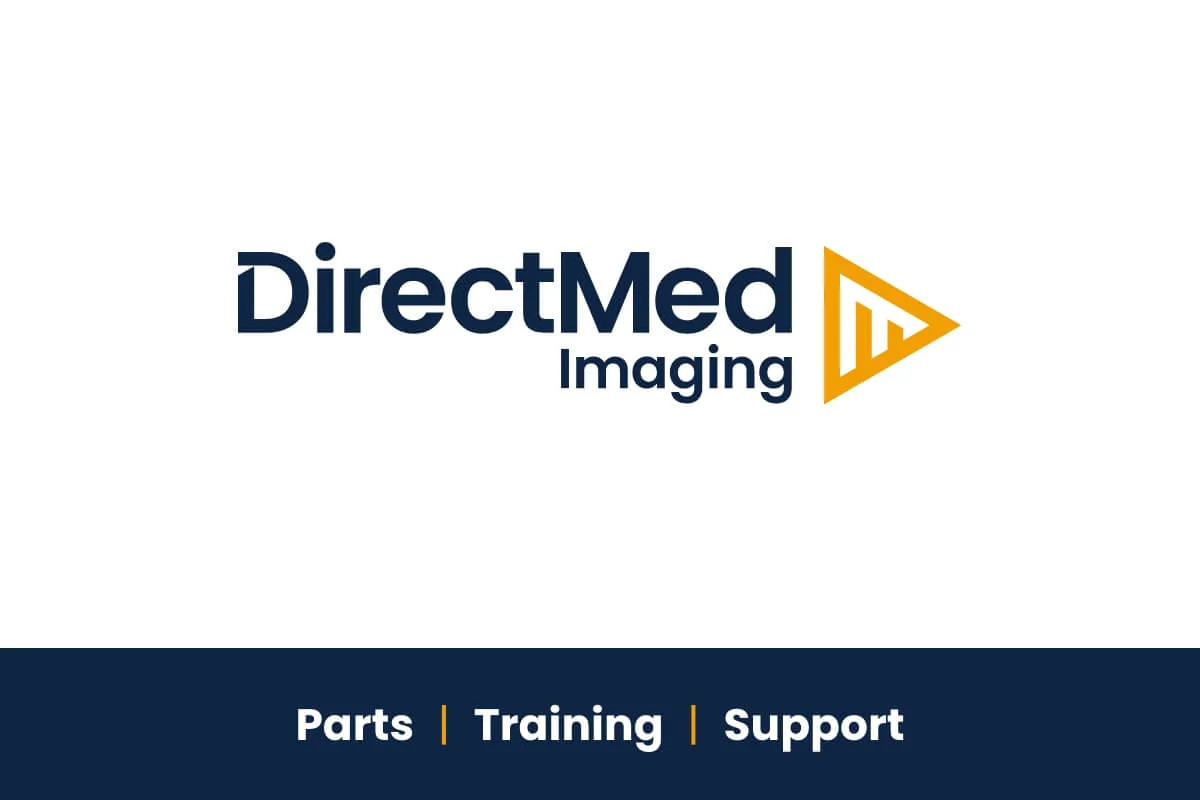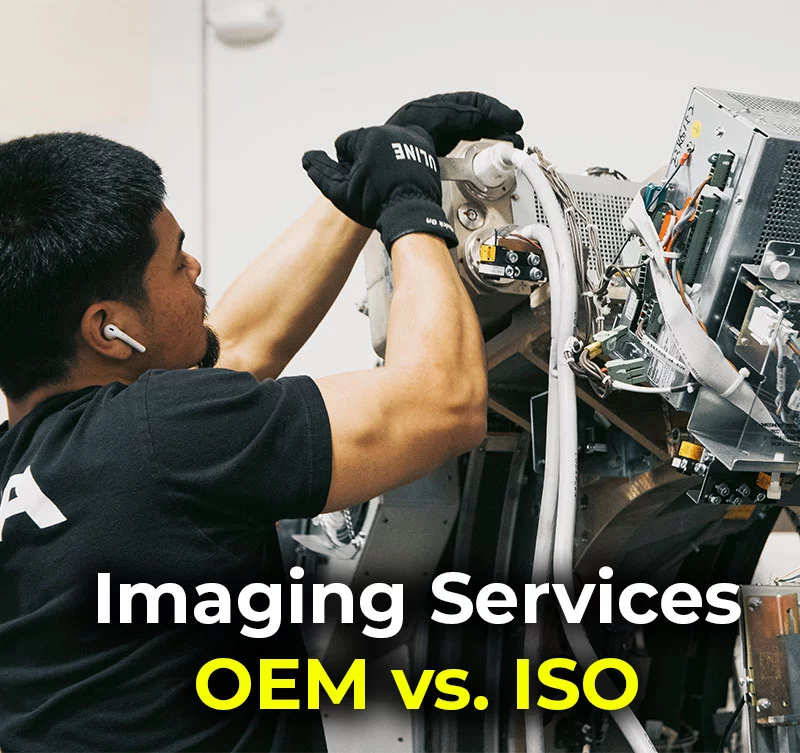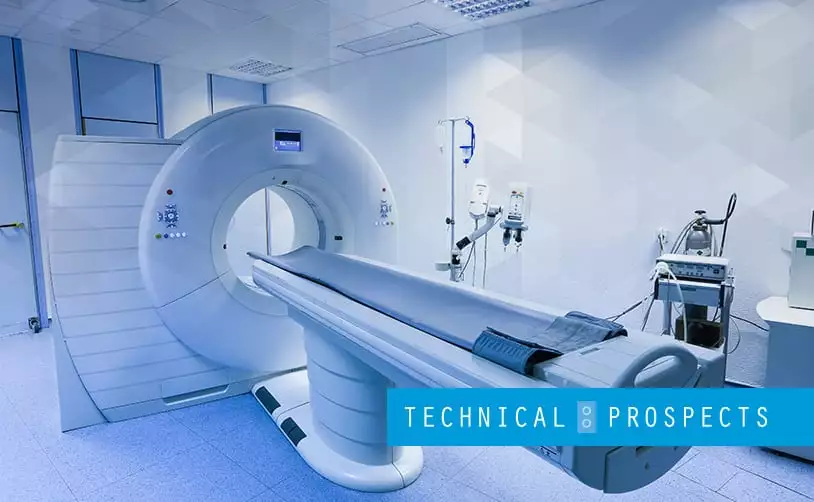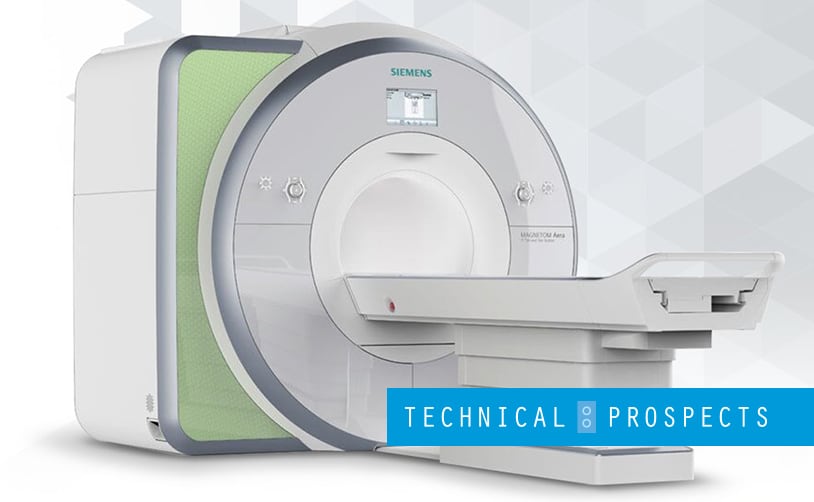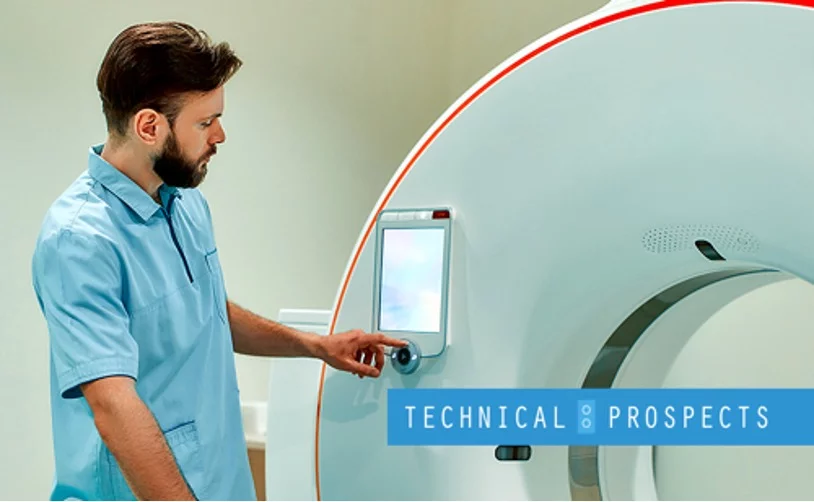Whether you’re a technician concerned with CT parts and their functionality or a patient about to undergo an examination, it helps to know as much as possible about scans. Something people don’t often think of is CT scan contrast. In the previous article on contrast agents, we talked about the basics of these substances. Here are some more questions about contrast agents, answered.
Why do doctors order CT scans with contrast?
Contrast agents allow structures or tissues to stand out on captured images. Substances like these help doctors more effectively diagnose conditions or distinguish certain areas. When a doctor orders a CT scan with contrast, the patient can receive the agent orally, intravenously, or rectally. Oral contrast can come in tablet, paste, liquid, or powder form and typically improves stomach or esophagus visualizations. This type of contrast substance contains barium sulfate.
Rectal administration also uses a barium sulfate-based contrast agent. It helps visualize the intestines. Meanwhile, intravenously-administered contrast materials are iodine-based. They help in imaging the gallbladder, blood vessels, liver, or urinary tract.
How do you prepare for a CT scan with contrast?
When the doctor orders this kind of CT scan, a patient should prepare by not eating anything for at least three hours before the procedure. Instead, they should make it a point to drink clear liquids, especially before an orally-administered contrast. Any food or food remains three hours before the scan could show up as a sign of a disease or condition, leading to a wrong diagnosis.
Who are at risk for adverse reactions from contrast?
Contrast agents are generally safe, but some people could have allergic reactions to them. Your doctor might forego contrast materials if you are pregnant, recently recovered from a major illness or surgery, or allergic to dyes, preservatives, certain drugs, food, or animals.
If you are on certain herbal supplements or medications, he might also ask to skip the contrast. People with a history of asthma, hay fever, heart disease, diabetes, cystic fibrosis, thyroid problems, sickle cell anemia, and liver disease should also avoid scans with contrast.
When should a doctor order a CT scan with contrast?
CT scans with contrast are helpful in a range of situations. For instance, they help doctors make better decisions about abdominal and pelvic issues, spinal or basal cisternal disease, and cerebrospinal fluid leaks. Scans with contrast also help doctors who are examining patients with pancreatitis, pulmonary embolism, or cancer.
When should a doctor order a scan without contrast?
People who are at risk for allergic reactions should have a CT scan without contrast. This substance makes it easy to diagnose certain conditions, but doctors can still evaluate a scan even without contrast.
Examples of conditions that do not need contrast agents are acute stroke, closed head injury, spinal injury or trauma, kidney stones, soft tissue trauma or infection, and diffuse lung disease. Medical emergencies also don’t use contrast agents because they need to perform as much damage control in as little time as possible.
Conclusion
In some cases, using contrast fluids is necessary for the right diagnosis. In vital, non-urgent cases, CT scans with contrast can help doctors provide the best possible treatment options to the patient. As such, doctors have to decide on a case-to-case basis when to use these materials.
Make sure your CT parts are in good shape and avail of the services we have at Direct Med Parts. Aside from having an extensive inventory of parts, we also provide CT parts repairs. Request tech support from our specialists today or get in touch with us for more information.
